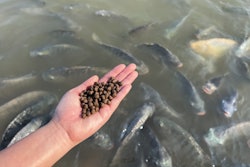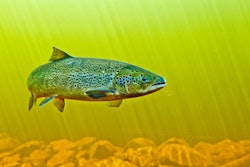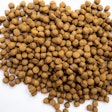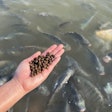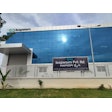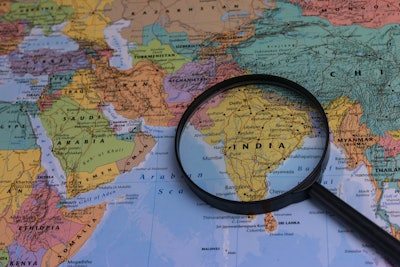
Among the events held in India to celebrate the contribution of the nation’s aquaculture sector last week was a training program on fish feed production.
It was held at the headquarters of the Indian Council for Agricultural Research’s Central Marine Fisheries Research Institute, ICAR-CMFRI in Kochi. The city is located in the southwest coastal state of Kerala.
Over three days, participants from disadvantaged populations learned about feed formulation and production technology. Key topics covered were the formulation of sustainable aquaculture feeds, and optimized management of caged fish and biofloc farming.
Sharing of vital practical knowledge and skills is part of the institute’s commitment to improving opportunities for isolated coastal communities in the state.
Special events were also held at other ICAR-CMFRI centers last week to mark National Fish Farmers Day.
Biofloc technology can be applied in aquaculture systems to maximize productivity, according to a 2020 scientific paper.
Scientists from the King Abdulaziz University in Saudi Arabia define the principle as using microbial biotechnology to increase the efficacy and utilization of fish feeds. It involves converting potentially toxic materials — for example, nitrogen compounds — into useful products, such as proteins as additional nutrients for fish and crustaceans.
Authors of the paper say biofloc technology is best suited to culture systems with limited or no water exchange.
Ambitious expansion plans by sustainable protein firm
Founded just four years ago, insect meal producer GreenGrahi has successfully gained substantial financing to fund an ambitious program of expansion.
The firm produces products for animal and plant nutrition that are derived from black soldier fly (BSF), reported AgriInvestor recently.
An additional INR320 million (US$3.72 million) will be used to expand the firm’s daily output to 150 tons, making it India’s largest BSF bioprocessor.
Serving 10 customers, GreenGrahi processes three to four tons of raw material daily.
The firm says the additional funding will allow it to expand to supply other countries.
In May, Finnish biotech company Volare announced it was expanding its capacity for BSF meal production destined for aquaculture, poultry and pet feeds.
A recently commissioned study in the United Kingdom has cast doubt on the claimed environmental impacts of BSF meal compared with other feed protein sources.
Aquaculture: India’s fastest growing sector, issues
India is second in the world rankings in terms of aquaculture production behind China, according to the United Nations’ Food and Agriculture Organization (FAO).
The same source noted at the end of 2024 that fisheries and aquaculture are important contributors to India’s food, nutrition, employment and income. It was estimated that these sectors provide livelihoods directly to more than 20 million people, and twice that number along the value chain.
It is the fastest-growing sector in the country, according to the FAO.
After concerns over antimicrobial resistance (AMR) in aquaculture, regional and national FAO bodies along with other organizations held a meeting in India two months ago.
More than 50 stakeholders participated in the discussion, which aimed to contain AMR in the sector.
Previous events had identified the importance of involving private and public stakeholders in reducing antibiotic use in aquaculture and shifting toward measures that prevent diseases.
Among the key aspects identified to make progress on this issue were the development of practical models and ways to scale up successful interventions.
AMR continues to present a significant threat to the health of people and animals, according to the FAO. It reports that the future development of Indian aquaculture depends on building inclusive and sustainable solutions through public-private collaboration.


